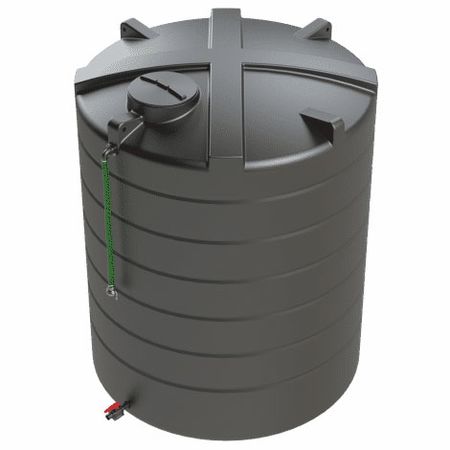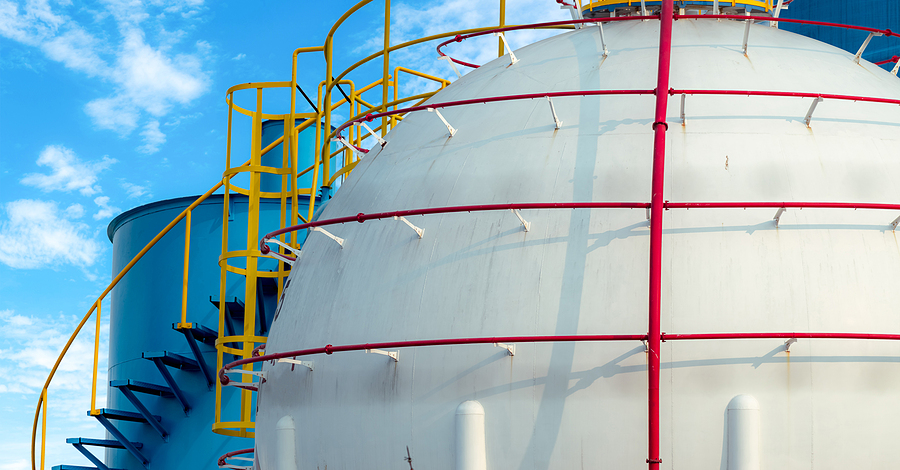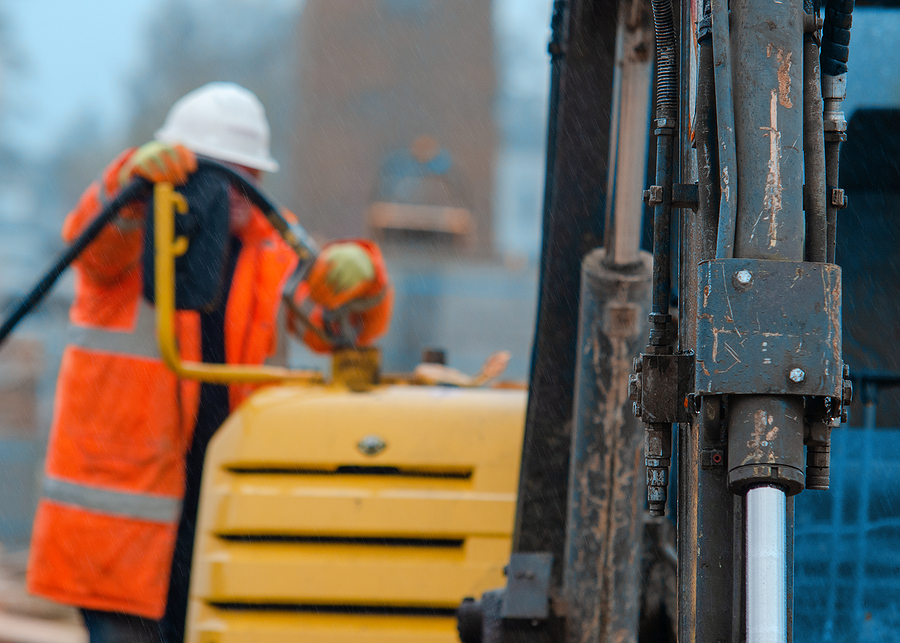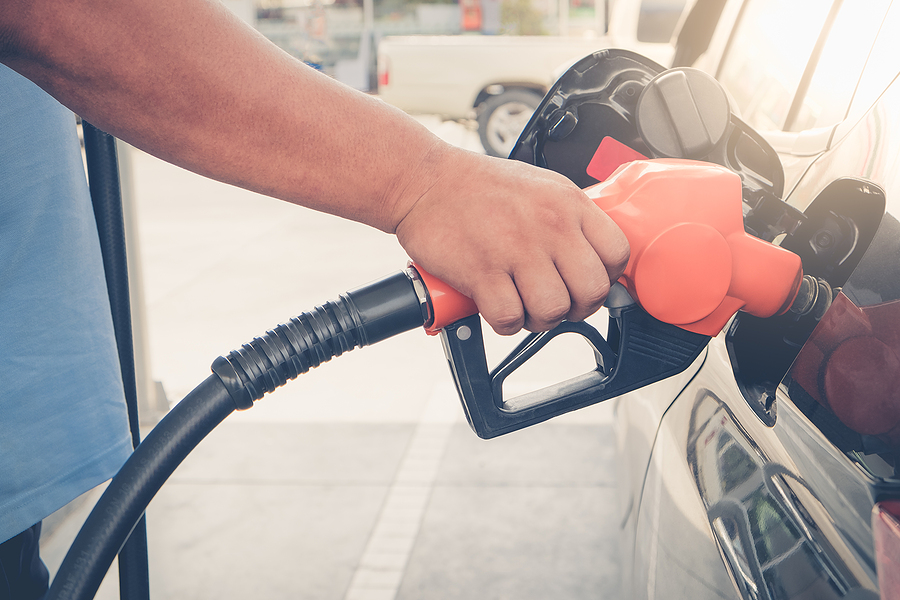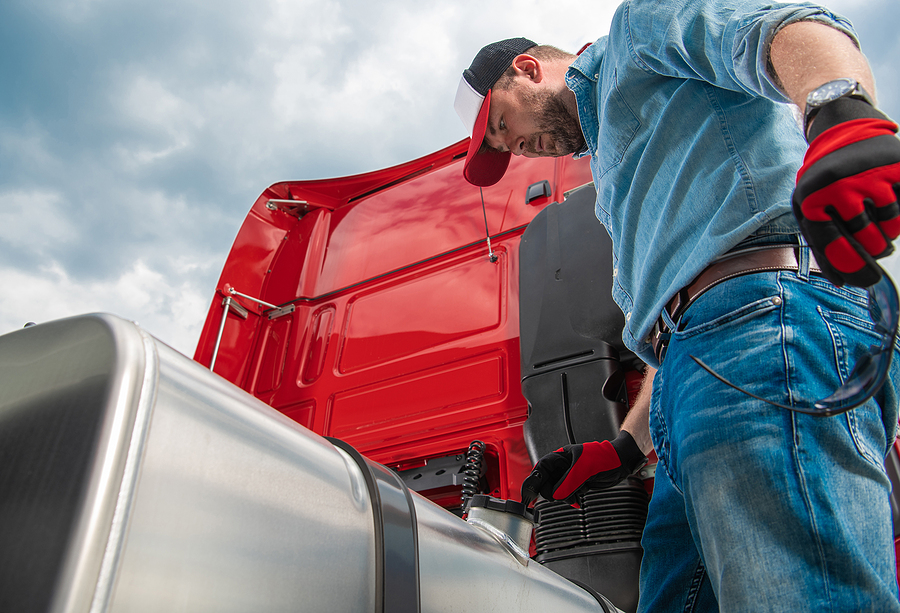Is Your Oil Tank Ready For Winter?
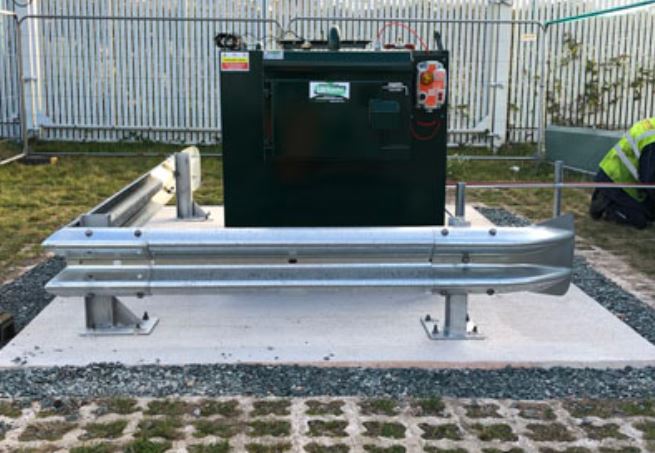
September marks the end of summer and the start of autumn, and the foreshadowing of winter. It’s when newspaper headlines stop with ‘UK facing heatwave!’ and replace them with ‘UK facing coldest winter ever!’.
With fuel costs due to increase this winter, and six months of shorter days and colder temperatures, now is a good time to ensure that your oil tank is all in good working order for the colder months.
You might already have had your boiler serviced, and your chimney swept, but for households that have oil heating, have you had your bunded tank inspected?
Often the oil tank can be tucked away out of sight and out of mind, but you must ensure you get it inspected and serviced in time for winter.
If your tank is not working as efficiently as it should, then your heating won’t be working as it should either. A damaged tank can also cause spills, which could land you with a hefty clean-up bill, and even a fine, if a leak causes environmental damage.
Ensure you use an OFTEC (Oil Fired Technical Association) registered oil technician or company to carry out your oil boiler service, they should, as part of this service, also inspect your tank.
They will check if the tank has any water inside, and also change or clean the oil tank filter. An oil tank is designed to keep oil in and water out. If water does get in, it can cause expensive damage to your tank, supply pipework and your boiler or Aga.
Water can get into pipes, which can freeze, causing blockages and cracks. If water gets into the inner chamber of a bunded tank, it will cause it to fail, as the oil will float on top of the water.
Any problems or concerns that the technician reports to you after your annual service should be promptly acted upon.
If you need a new bunded oil tank and looking for oil tank installers, talk to us today.
Tips For Installing A Domestic Fuel Tank
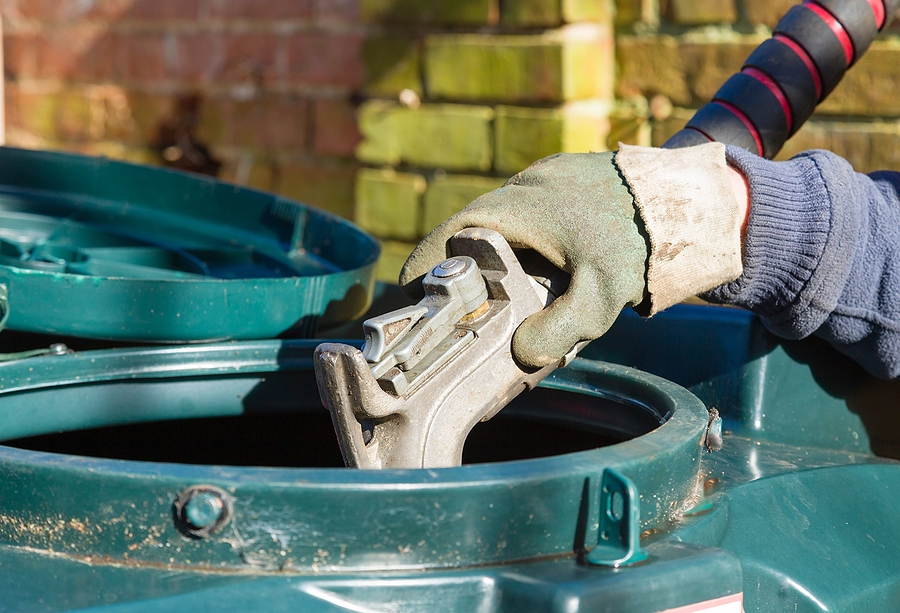
When choosing a new oil tank, there are some important practical considerations to take into account. This will make the access and maintenance of the tank easier, and will also ensure that you comply with existing legislation. It is also a good idea to consult with professional oil tank installers before making a final decision.
Different types of domestic oil tank
Oil tanks are typically made from either
fabricated steel or plastic, and can be single-skinned, double-skinned (with
two layers), or integrally bunded (fitted with a protective layer). Bunded
tanks which are designed to contain an overspill and give the best protection against
leaks, so they are recommended wherever possible.
Buying an oil tank
Tanks can be bought online, or through a
local retailer. It’s important to check that it is manufactured to
Oftec
standards.
The size of tank that you need will depend on the size of your
house, how much heating you use, and the efficiency of your boiler. Ensure that
the tank is fitted with a gauge, so you can check the level of oil.
Removing an old tank
Ideally, the old tank and connecting
pipework should be professionally decommissioned and removed completely, to
avoid the risk of pollution. If it can’t be removed, have the pipework capped
and clearly mark the tank to avoid any confusion when the site is being
refuelled.
Where to install an oil tank
Oil tanks must be installed on a stable, level non-combustible base that extends a minimum of 30 cm past the widest part of the tank in all directions, in order to be compliant with building regulations . This is to minimise fire risk. Also consider security; is the tank within sight of your home to deter potential fuel theft?
Make sure the positioning of the tank provides convenient access for refuelling, and that there is sufficient space all around the tank to allow for safety inspections.
E10 Petrol Being Rolled Out To Petrol Stations Nationwide
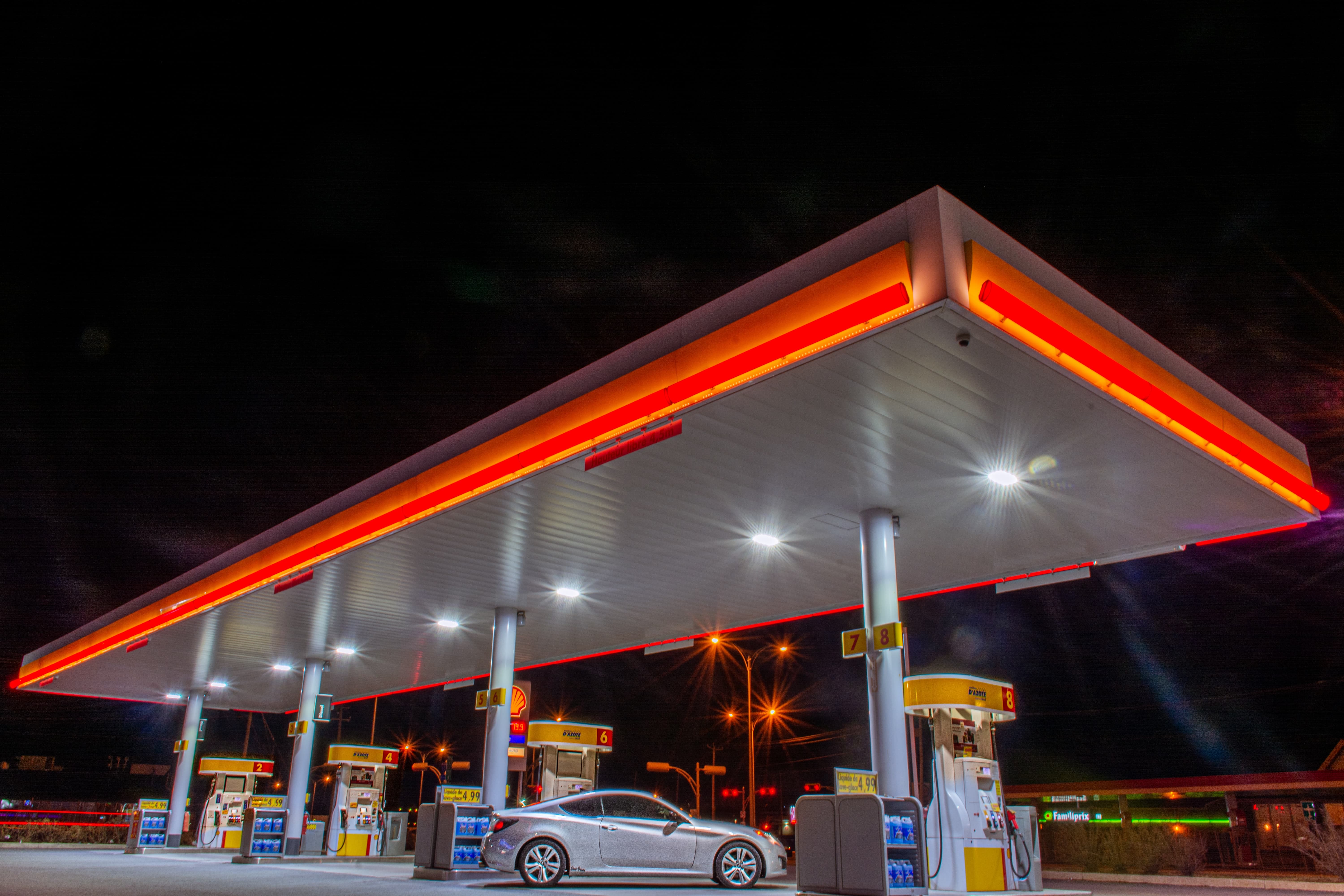
A new petrol standard with double the amount of biofuel has been rolled out to petrol stations nationwide over the summer, with 95 per cent of cars on the road already compatible with it.
The new E10 fuel is made up of 90 per cent standard unleaded fuel with 10 per cent bioethanol, as opposed to standard unleaded which contains up to 5 per cent ethanol.
Whilst E10 is becoming the new standard petrol, the older “super unleaded” will still be available classified as E5 fuel.
The reason for the change is that it reduces the amount of carbon dioxide emitted as well as the amount of fossil fuels required to produce the fuel that powers the majority of cars on the road today.
The government themselves claim that the introduction will reduce carbon dioxide emissions by 750,000 tonnes per year, but there is one consideration that needs to be made by oil tank installers and owners of older cars.
The reason for this is that fuel containing more ethanol is more volatile and corrosive, which can cause issues with certain types of cars, particularly older ones, as well as small engined mopeds.
In older cars (made before 2000, or certain injection engines made in the early 2000s), it can potentially cause damage to gaskets and seals, which if used on a long-term basis can cause fuel leaks and damage to carburettors.
However, this only occurs after long-term use and unlike accidentally filling up with diesel, you can still drive the car without needing to drain the fuel out.
The government have produced a vehicle compatibility checker for those who are uncertain about whether their car can run on the new fuel.
Top Tips To Save Money On Fuel
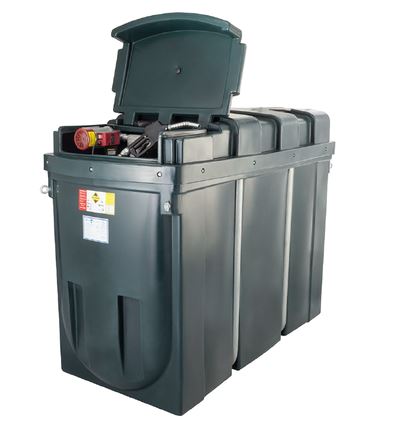
For car owners, the one cost that seems to wildly change and fluctuate the most is the price of fuel, and each trip can be a source of frustration and anxiety for motorists.
With prices at petrol and diesel dispensers costing over £1.35 per litre,
here are some tips to help make the most of your fuel and get to your
destination as efficiently as possible.
Lowest Revs, Highest Gear
Car engines use the most fuel when they have to spin faster, so one of the best ways to efficiently hypermile and save considerable amounts of fuel is to say in the highest gear possible on your vehicle whilst staying within the speed limit for the road.
From a standstill, accelerate gradually and gently whilst quickly changing up gears at the lowest revs you can get away with.
In the past, it was believed that 56mph was the most
efficient speed, but in reality, it depends on the car itself, with most being
at their efficiency peak at around 50mph.
Anticipate Conditions Ahead
A skill commonly associated with high fuel economy is hypermiling, and one of the key skills drivers need to learn is to be conscious of the road ahead and try to choose routes and roads that allow them to retain a constant speed.
If you see traffic ahead, slow down gradually and gently as you do, whilst remaining in gear.
Gradients can be bad for fuel economy, so try to speed up
a little bit before reaching it and then gradually easing off the throttle as
you drive up, minimising additional fuel economy.
Know What Uses More Fuel
Whilst most people are aware that air conditioning systems use fuel, there are plenty of other factors that you may not be aware of that could be costing you money.
For example, a roof box, roof bars or accessories that increase aerodynamic drag cause you to use more fuel to maintain the same speed, as does driving with the window open.
Cruise control can help fuel economy on flat motorways
but be prepared for gradients that a cruise control system cannot see as
quickly as you.
UK Diesel Prices Hit Seven-Year High
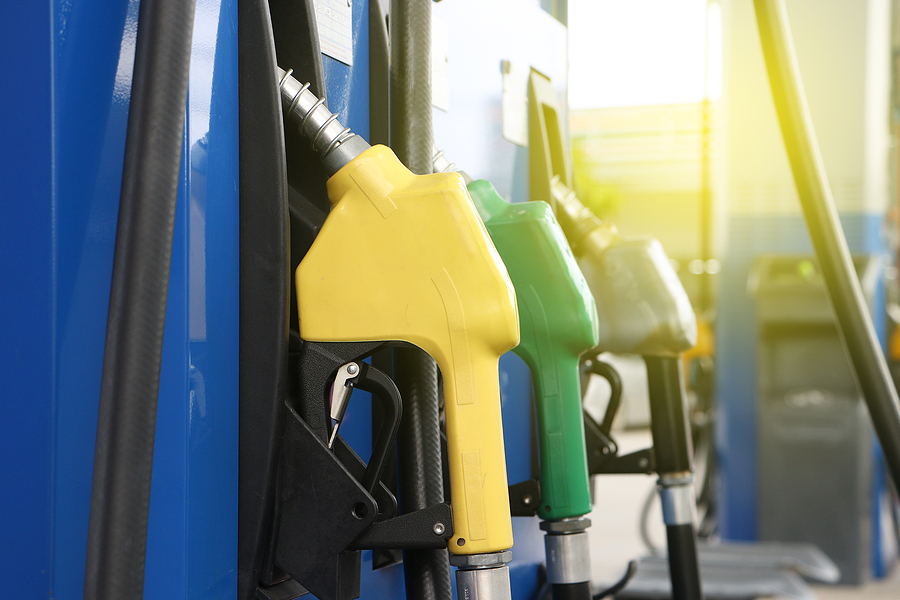
The average price of diesel in the UK has soared to its highest levels since 2014, as the emergence of advanced economies from the pandemic has placed upward pressure on fuel prices.
According
to the RAC
, the cost of filling up is now at a seven-year high, following
nine months of continual price increases. Petrol is also a victim of what the
organisation described as “relentless” upward pressure, and now at its highest
since 2013.
This suggests that for those who use large
quantities of fuel, now may be a very good time to
buy diesel fuel dispensers, in order to store
large quantities of the fuel and provide some protection against further rises
as demand continues to increase.
RAC Fuel watch noted that a litre of diesel
was up by 2.7p and petrol by 3.4p in July. This means that filling a 55-litre
tank of diesel now costs £10.46 more than it did a year ago.
Fuel Watch spokesman Simon Williams said: “Right
now it’s hard to see what it will take for prices to start falling again,”
noting that the trend for oil demand is only heading in one direction as vaccines
increase confidence in the prospects for economic recovery.
He added: "Unless major oil producing
nations decide a new strategy to increase output, we could very well see
forecourt prices going even higher towards the end of the summer.”
Another potential factor that could push up
oil prices would be a supply crisis in the Middle East.
The oil tanker Ashphalt Princess was
briefly hijacked this week in the Persian Gulf and ordered to sail to Iran,
Lloyds
List Maritime Intelligence
has confirmed, following a fatal drone stroke on
an Israeli-registered tanker nearby late last month.
At present, Lloyds List has stated, the overall risk to shipping remains “level”, but this may change if there is a continuous spate of attacks, with western nations accusing Iran of being behind the recent incidents.
Bunded Oil Tank Maintenance Tips
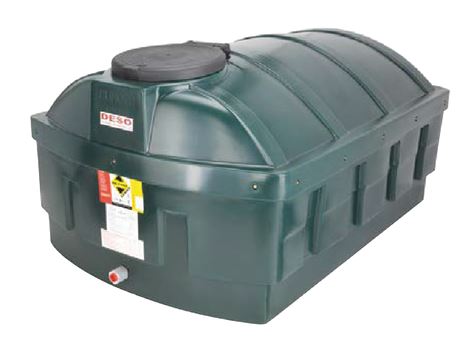
For many people, heating oil is a great way to heat the home in an environmentally and cost-effective way. However, an oil leak could potentially be damaging to the environment and could lead to fines and even prosecution.
It makes it essential for homeowners with bunded fuel
tanks to ensure their tanks and boilers are serviced and inspected regularly. Not only will retailer maintenance save you money on
costly repairs, but will also help protect the environment. Thankfully, oil
tank maintenance isn’t difficult, and we have some tips for you here:
Regular inspections of your bunded oil tank
Inspections can help
you spot any warning signs before they can become major issues. Look for signs
of vandalism, general signs of wear and tear, or rust. Check the tank base for
cracks and reside, as well as checking the bund layer for any liquid or rubbish.
Ensure accessibility
Your tank will need
to be accessible for deliveries and maintenance, and therefore needs to be a
location that can be easy to access, but it also needs to be hidden from view
to protect it from theft or vandalism, as well as protected from the elements.
Clean your oil tank
Condensation can form on the inside of a tank, and the resulting waster can get trapped inside. In a metal tank, this could lead to corrosion, and in turn, leads to leaks. The mix of water, rust, and oil also creates a sludge that sits at the bottom of your tank, which can block filters and pipes if not removed. However, this is a task best performed by professionals as it can be dangerous.
A damaged tank can
lead to huge costs for repairs, replacement, and even fines for leaks. Even a
tiny amount of domestic heating oil can cause a huge amount of damage to the
environment, which can threaten wildlife and their habitat, or even human life.
It is vital that you take care of your bunded oil tank, and undertake regular
maintenance.
If you’re looking to buy bunded tanks in the UK, visit our website today.
Why Use Bunded Tanks For Heating Oil Storage
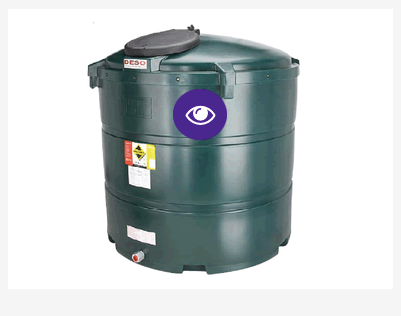
Bunded oil tanks are durable, well-designed, and ideal for domestic heating oil storage. We have a look at the advantages of burned oil tanks, and how they can be of benefit to you.
With fluctuating oil prices, it’s important to ensure that your domestic heating oil supplies are stored securely, and that means making sure you use the right tank. However, unless you work in the industry, you may not know the difference between the tank options available.
It could be that you have never come across the word ‘bunded’ before, but if you were to spot one of these tanks, you would instantly recognise it for what it is. Bunded oil tanks have been used for many years in commercial and domestic situations, and have features that have made them a popular option.
A bunded tank is a tank-within-a-tank, meaning that if one of the tanks gets damaged or springs a leak, the oil will not damage the environment. The dual-skin nature of bonded tanks works to prevent the risk of leaks and help save you money.
Bunded tanks are also very durable and will last for many years. However, to ensure they last, it is important to protect them. Tanks in rural areas can be targeted by criminals, so make sure you increase security on your tank with locks and alarms.
You must also ensure that your tank is regularly serviced by an OFTEC-qualified technician to help prevent spills and breakdowns.
Why Is Fuel Polishing Necessary?

Fuel polishing is a cleaning process that is necessary to remove or filter contamination from diesel oil fuels. It is particularly important when diesel has been stored in a fuel tank for a long period, because it can deteriorate and negatively affect the whole system. In the worst-case scenario, contaminated fuel could even cause a system failure.
What exactly is fuel polishing?a
Polishing of fuel refers to an advanced mechanical cleaning process which removes build ups of sludge, sediments, and water caused by microbial contamination. The fuel is extracted from the tank during the polishing process, and then any solids and contaminants are removed. The clean fuel is tested and then filtered back into the tank.
What are the benefits of fuel polishing?
Contaminated fuel causes heating systems to run inefficiently, meaning that bills will be higher. The system may even be liable to developing faults and cease to operate altogether. If the fuel is left too long without polishing, it may deteriorate to the point where it becomes unusable, and the whole batch will need replacing.
Carrying out a fuel polish is less expensive than paying to replace and dispose of the contaminated fuel. It will also prevent the build-up of water and sludge in your tank, thus prolonging its lifespan and safe operation. Avoiding the need to dispose of unclean fuel is also an environmentally responsible approach.
How often should fuel be polished?
This depends on what the fuel is used for, but generally once a year is recommended. This is especially relevant to fuel stored in generator tanks which is intended for back-up power supply purposes.
How long does fuel polishing take?
This depends on the tank size, the current condition of the fuel, and the amount of fuel that needs polishing. However, the whole process can be carried out with no disruption to the running of machinery and equipment.
For oil tank installations, please contact us today.
4 Top Tips To Maintain Your Oil Tank
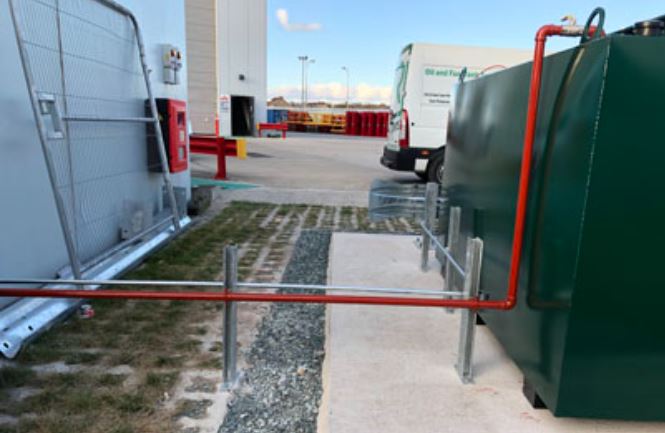
By taking some time to maintain your oil tank properly, you will extend its life and save on expensive repair bills further down the line. It will also ensure that your heating works reliably and efficiently all year round, and help to avoid pollution from leaks and spills. Here are some tips to help keep your tank in the best condition.
1. Inspect
the tank regularly yourself
It is very important to visually
inspect your tank often for signs of rust, bulges, cracks, or discolouration. Check
the bund for build-up of debris, and look underneath the tank to make sure
there is no sign of leaks. Ensure that all the connections to the tank are
secure and in good condition.
2. Check for
water contamination
Water can enter an oil tank in several different ways, leading to serious problems. Water can get in via a build-up of condensation, through corroded seals or connections, through cracks and leaks, or through an incorrectly closed filler cap. Water contamination can cause a build-up of sludge, leading to degradation of the fuel .
If the tank is made from metal,
water contamination may also cause it to rust, shortening its lifespan and
making it prone to leaks. To help prevent problems, regularly check all access
points to make sure they are closed properly. Check for any signs of bulging,
and make sure the external bund is not filled with water.
3. Have the
tank cleaned professionally
It is recommended to have the
tanked emptied and cleaned out by
qualified
engineers
every five years. Any fuel in the tank will be pumped into a
holding container, and the inside of the tank cleaned out to remove build ups
of sludge and contaminants.
4. Use winter
additives
If your tank is located outside,
it is advised to use specialist additives in winter to prevent the oil freezing
over.
If you are looking for oil tank installers,
please contact us today.
Green Energy Plan For Proposed Housing Development

Following renewed pledges at the G7 meeting in Cornwall to cut carbon emissions, Britain and other leading industrialised nations will now have the task of making good those pledges.
Among the ways ambitious environmental
goals can be achieved is through reduced emissions arising from home energy,
something district heating projects can play a huge part in achieving. These can use everything
from recycled waste through to air source heat pumps.
Among the proposed new developments that
will use the latter form of energy is a planned development of 114 homes on the
outskirts of Ipswich. The scheme
at Bramford is currently undergoing a public enquiry, with one of the key
appeals of the project being the benefits to the environment.
The low carbon energy plans for the
development include using air source heat piped into the homes at ground level,
which will be used for underfloor heating as well as powering water boilers.
The homes will also have solar panels and rainwater harvesting systems, which
prevent flash flooding and can also re-use such ‘grey water’ in toilets.
Suffolk County Council has stated it is
giving priority to this kind of energy use in new housing developments as a
means of tackling the climate emergency.
The use of renewable energy will tie in
with other
green aspects of the development, such as landscaping and the provision of
trees and log piles to encourage biodiversity of plants and animals, plus
parkland and a community orchard.
While the consultation continues over the
planned Ipswich development, similar heating systems are to be installed in two
new housing developments in London.
Wilmott
Dixon has just won the £25.6 million contract for two developments from
Kensington & Chelsea Council, each of which will include air source heat
pumps to provide green energy for residents.
Put together, the two schemes will provide 57 new homes.



